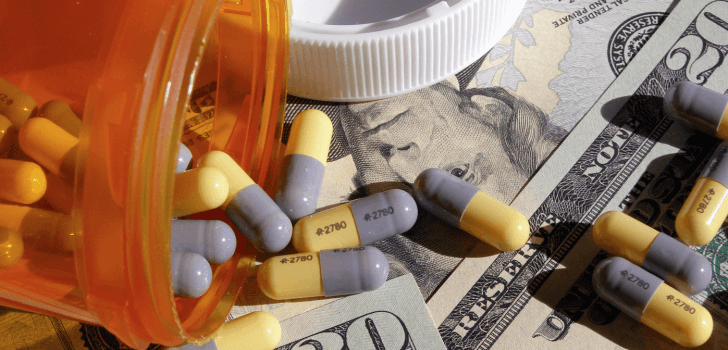The American Medical Association (AMA) is disgruntled with the fact that drug companies are advertising directly to customers. These advertisements often sway patients into obtaining more costly medical services and increase the demand for therapies.
The AMA is calling for an end to all television and magazine advertisements for prescription drugs. Previously, the AMA said that such advertisements were acceptable, as long as they were educational and accurate. The United States is one of the few countries in the world that permits drug advertisements that directly target consumers.
AMA Board Chair-elect Patrice A. Harris said in a statement, “The vote reflects concerns among physicians about the negative impact of commercially driven promotions, and the role that marketing costs play in fueling escalating drug prices. Direct-to-consumer advertising also inflates demand for new and more expensive drugs, even when these drugs may not be appropriate.”
About 235,000 American doctors and medical students are a part of the AMA. In 2014, the association spent about $19.7 million on lobbying the United States government. This makes it the fifth biggest lobbyist in the country. By comparison, the Pharmaceutical Research and Manufacturers of America (PRMA) spent $16.6 million for lobbying on the behalf of drug companies.
The amount of spending on drug advertisements has been increasing over time. Last year, the pharmaceutical industry spent a collective $4.54 billion on consumer advertisements. This represents a 21% increase over 2013. The most heavily promoted drugs were the erectile dysfunction medications Viagra and Cialis.
According to the drug companies, their advertisements help patients learn more about treatment options.
Spokesperson for PRMA Tina Stow said in an email, “Providing scientifically accurate information to patients so that they are better informed about their health care and treatment options is the goal of direct-to-consumer pharmaceutical advertising. Research shows that accurate information about disease and treatment options makes patients and doctors better partners.”
Time will tell if the AMA can get drug ads off the air.
Stay Connected